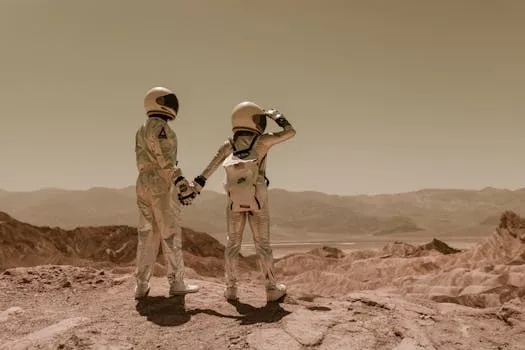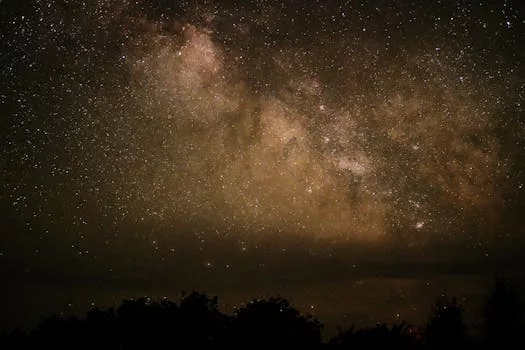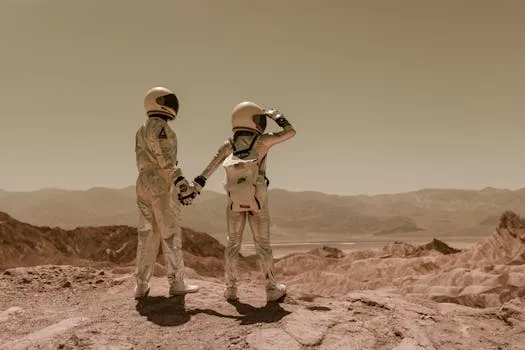
“
Charting New Realms: The Journey of Imagination Beyond the Stars
Introduction to the Cosmos of Imagination
Charting New Realms: The Journey of Imagination Beyond the Stars. The human imagination is a powerful tool that has allowed us to explore the vast expanse of space and discover new worlds. From the earliest astronomers to modern-day space explorers, our ability to imagine and dream has driven us to push beyond the boundaries of what is possible.
As we continue to explore the cosmos, we are constantly reminded of the infinite possibilities that lie beyond our planet. The stars, the planets, and the galaxies all hold secrets and mysteries that are waiting to be uncovered. And it is our imagination that allows us to navigate these uncharted territories and to envision the possibilities that lie beyond the reaches of our current understanding. For more on this, check out Beyond the Milky Way: Imagining New Worlds and Possibilities.
The Power of Imagination in Space Exploration
The power of imagination has been a driving force behind many of the greatest achievements in space exploration. From the early astronomers who first proposed the idea of a heliocentric universe, to the modern-day engineers who design and build the complex systems that allow us to travel to other planets, imagination has played a crucial role in shaping our understanding of the cosmos. One of the most significant examples of the power of imagination in space exploration is the Apollo 11 mission. In 1969, NASA’s Apollo 11 mission successfully landed two astronauts on the surface of the Moon, marking a historic achievement in space exploration. The success of this mission was made possible by the imagination and ingenuity of the thousands of people who worked tirelessly to design, build, and launch the spacecraft. Learn more about this incredible journey in Soaring Through the Cosmos: The Power of Imagination Beyond the Stars.
Imagination and the Future of Space Exploration
As we look to the future of space exploration, it is clear that imagination will continue to play a vital role in shaping our understanding of the cosmos. With ongoing advancements in technology and engineering, we are now poised to explore deeper into space than ever before. And it is our imagination that will allow us to envision the possibilities that lie beyond the reaches of our current understanding. Some of the most exciting possibilities for future space exploration include the establishment of permanent human settlements on the Moon and Mars, as well as the development of new technologies that will enable us to travel to other star systems. These possibilities are not only driven by scientific curiosity but also by the boundless imagination of humanity. For insights on creativity in this realm, see Beyond Stars: Where Imagination Takes Flight.
Conclusion: The Endless Frontiers of Imagination
In conclusion, the journey of imagination beyond the stars is a testament to the boundless potential of the human mind. As we continue to explore the cosmos, we are constantly reminded of the infinite possibilities that lie beyond our planet. And it is our imagination that allows us to navigate these uncharted territories and to envision the possibilities that lie beyond the reaches of our current understanding.
As we look to the future, it is clear that imagination will continue to play a vital role in shaping our understanding of the universe. Whether we are exploring the depths of space or imagining new worlds and civilizations, our imagination is the key to unlocking the secrets of the cosmos.
Takeaways:
- The human imagination is a powerful tool that has allowed us to explore the vast expanse of space and discover new worlds.
- Imagination has driven many of the greatest achievements in space exploration, including the Apollo 11 mission.
- As we look to the future of space exploration, imagination will continue to play a vital role in shaping our understanding of the cosmos.
- The possibilities for future space exploration are endless, and are driven by the boundless imagination of humanity.






